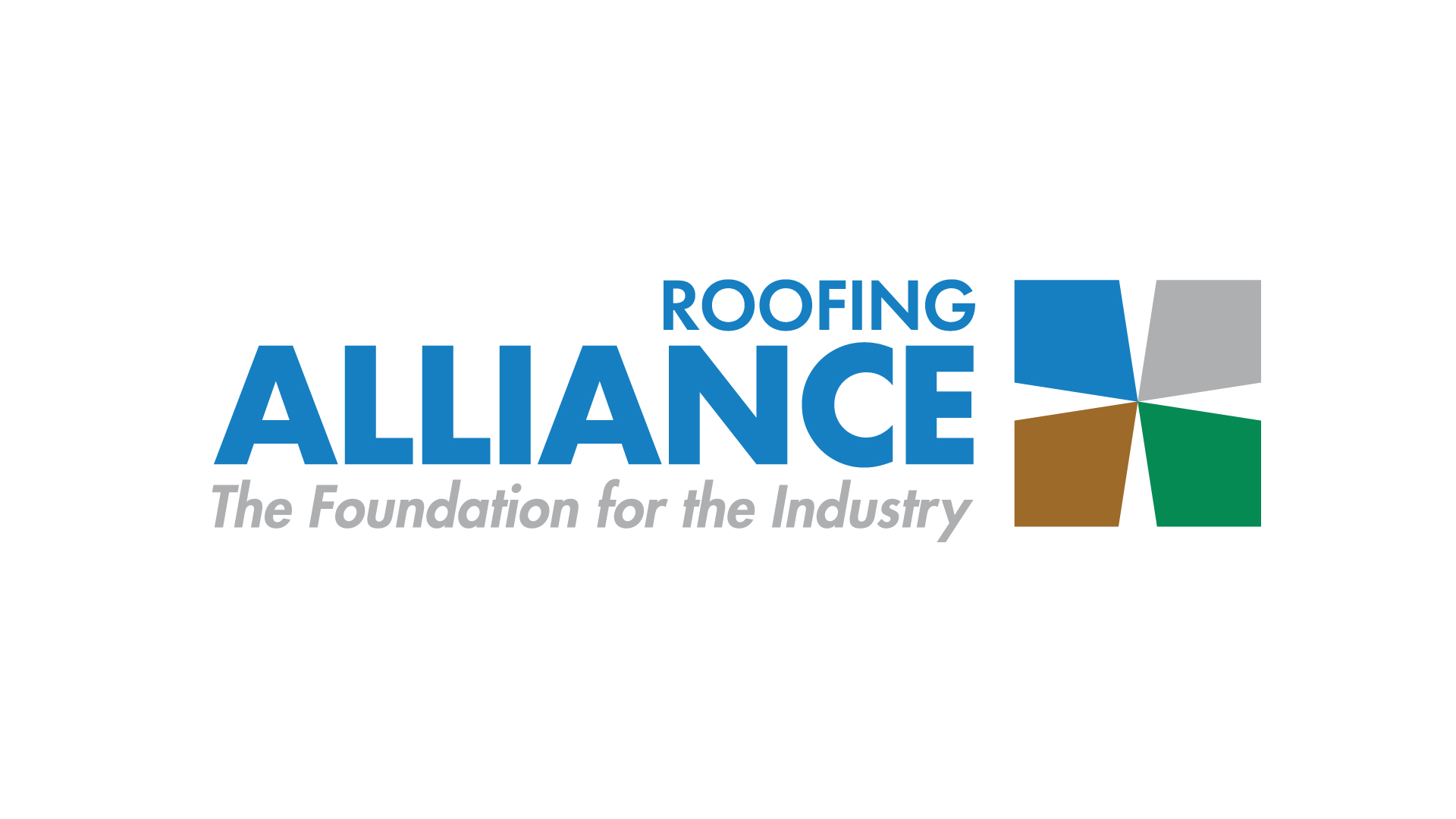In 2021, the Corporate Transparency Act was passed as a strategy for achieving transparency in company structures and ownership. The goal was to combat tax fraud, money laundering and other already illegal activities.
Now, a few years later, requirements of the Corporate Transparency Act took effect Jan. 1. This means most entities incorporated or registered to do business in a state must disclose information about their owners, officers and other key stakeholders. This information must be provided to the Financial Crimes Enforcement Network, which is part of the Department of Treasury.
NRCA General Counsel Trent Cotney provides the following update regarding the Corporate Transparency Act.
Which entities must report?
The Corporate Transparency Act primarily will affect small businesses. Domestic and foreign businesses are affected; they include:
- Domestic reporting companies, such as corporations, LLPs or other entities formed after filing with a secretary of state or similar office under state or tribal law
- Foreign reporting companies, such as corporations, LLCs or other entities created per the law of a foreign country and registered to do business in a U.S. state or tribal jurisdiction
Which companies are exempt?
Many larger companies are not required to comply with the Corporate Transparency Act reporting or may be subject to other requirements. Large operating companies are exempt from the Corporate Transparency Act if they meet all of the following criteria:
- Employ more than 20 full-time workers in the U.S.
- Operate physical offices in the U.S.
- Report more than $5 million in gross sales or receipts, as evidenced by the previous year’s tax return
What information is required?
Entities required to report must provide information such as the following:
- The reporting company name
- The reporting company’s beneficial owners
- Applicants who filed the documents to create the entity or directed someone to do so
A beneficial owner is defined as an individual with substantial control over a given company or an individual who owns (or controls) at least 25% interest in the company. View an FAQ regarding this topic.
What is the deadline?
If an entity was created before Jan. 1, 2024, it must file its initial Beneficial Ownership Interest Report by Jan. 1, 2025. If an entity was formed on Jan. 1, 2024, or later, it must file its initial BOI Report within 90 days of the company’s creation. Any entity created after Jan. 1, 2025, will have 30 days to file its initial BOI Report. Any amendment to the BOI Report must be filed within 30 days. In December 2023, the House passed bipartisan legislation (H.R. 5119) to extend Corporate Transparency Act deadlines by a vote of 420-1. Also, more than 80 senators and representatives sent a letter to the Financial Crimes Enforcement Network calling for a one-year delay of Corporate Transparency Act reporting requirements. However, until Congress sends something to the president, it is still game on.
Final thoughts
If you believe your company falls into the category of those required to report, you should begin determining your obligations as soon as possible. Note the Corporate Transparency Act has rules about how to count employees, consider office space and total profits across affiliates, so make sure you understand those guidelines.
NRCA has worked diligently with Congress and the Department of Treasury to gain clarification regarding this law and either repeal or delay its implementation. NRCA sent a letter with coalition partners to encourage Congress to delay these actions for one year. Recently, the Protect Small Business and Prevent Illicit Financial Activity Act passed the House 420-1 to delay this implementation. NRCA is hopeful the Senate can vote on the bill soon and get it to the president’s desk during the coming weeks.
NRCA also is closely monitoring legal action challenging this law. The National Small Business Association filed a lawsuit in November 2022 alleging the Corporate Transparency Act violates several fundamental constitutional principles, including protections against unreasonable search and seizure. The judge will rule on this case soon, and NRCA also supports an ultimate decision to strike down this law.
The information contained in this article is for general educational information only. This information does not constitute legal advice, is not intended to constitute legal advice, nor should it be relied upon as legal advice for your specific factual pattern or situation.





